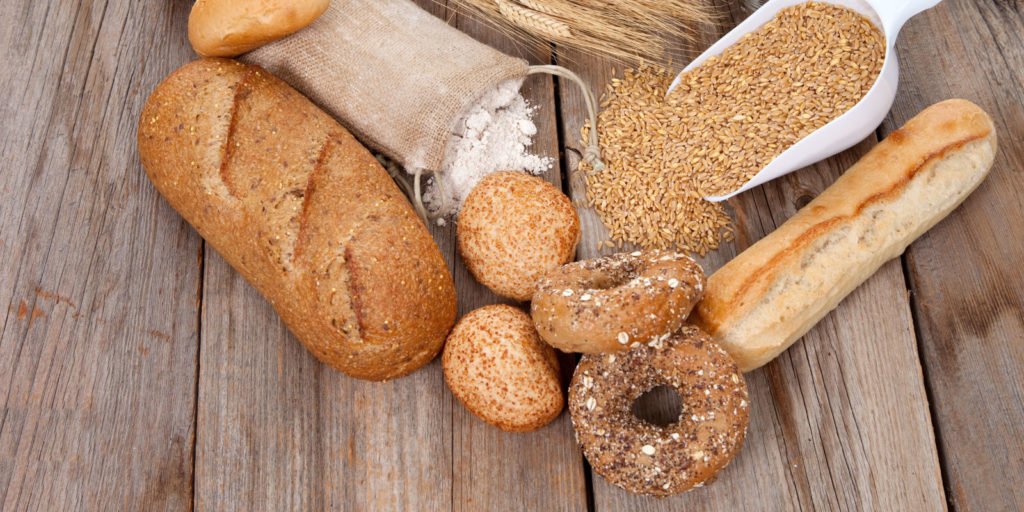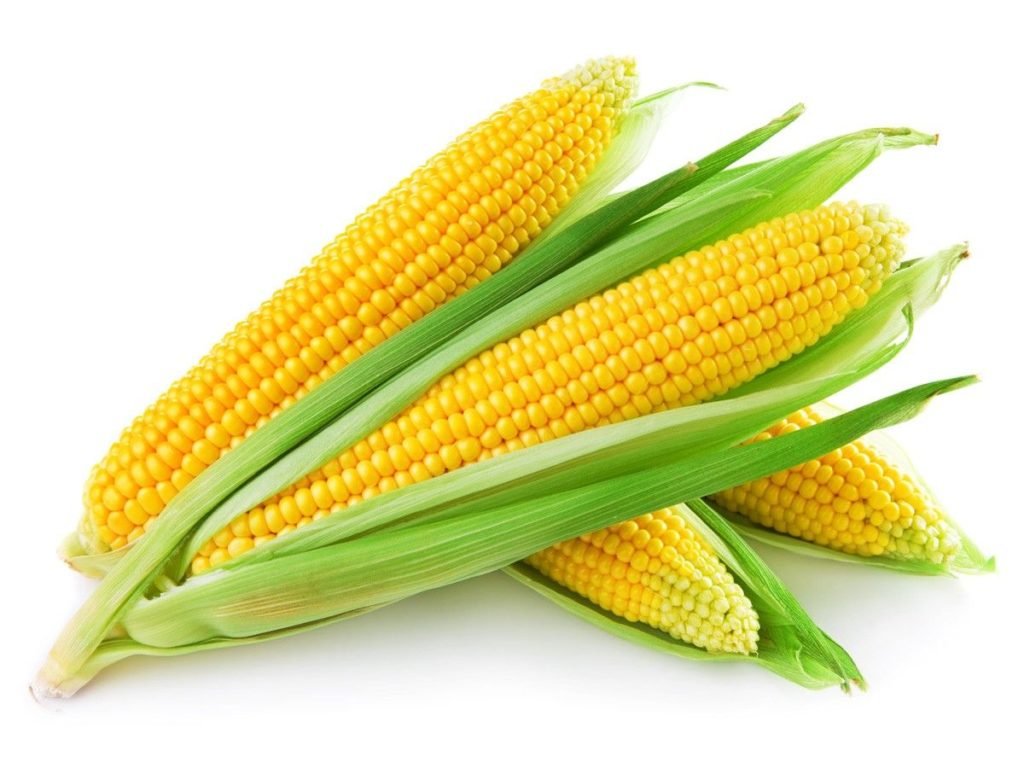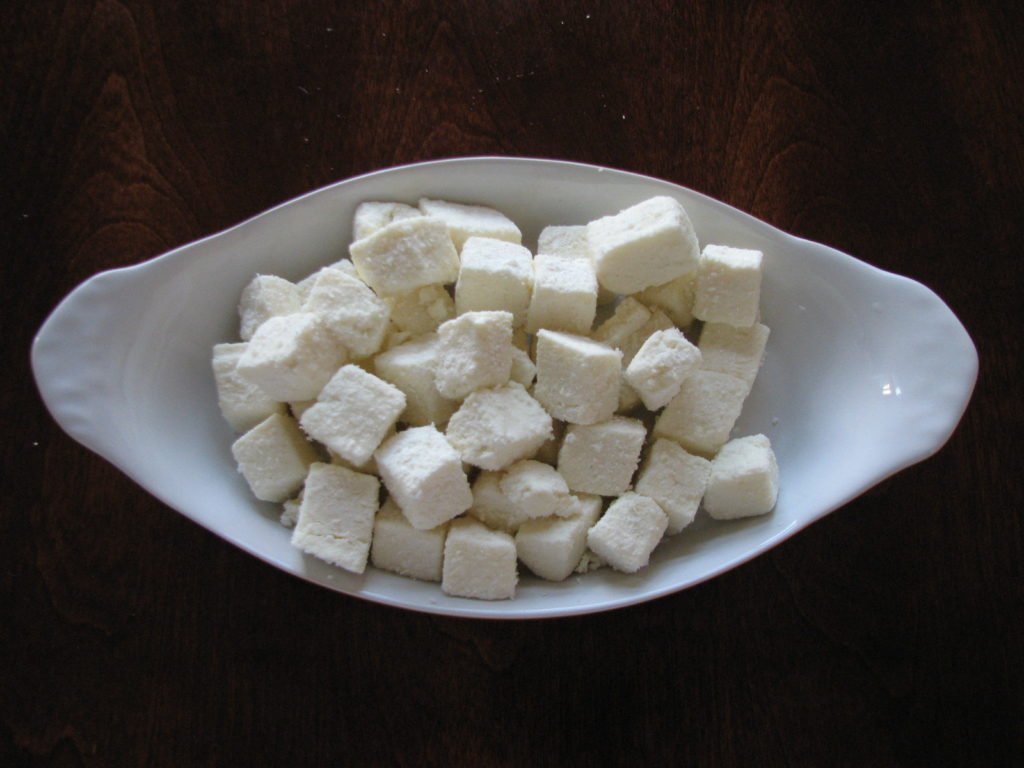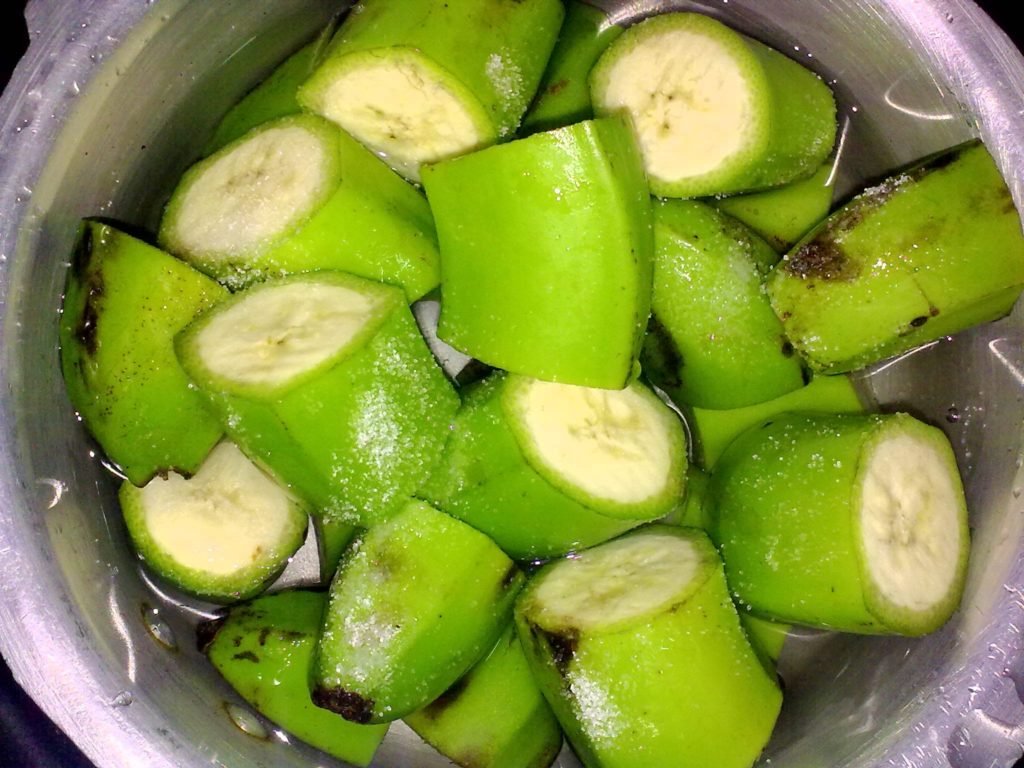Amino acids are the basic building blocks of human body. They are chained together via a poly peptide bond which results into the formation of proteins. While there are twenty two amino acids, the body can only produce about eleven on its own.
Essential Amino Acids
Contents
These are essential as they cannot be produced by the body and needs to be supplied in its diet. Some are essential only in infants because they cannot be produced on their own. These are mostly got via food. As an example, beans and rice have amino acids but need to be eaten together to get all the needed acids as individually they lack some amino acids. Peanuts is another example which provides all essential amino acids on their own.
Here is the list of essential amino acids and their sources
Valine
Essential for maintaining muscle tissue and repair and endurance.
Sources: Whole grains, figs, spinach, sesame seeds, beans , chia seeds, hemp seeds, sprouted grains, soy, peanuts, broccoli, legumes, avocado, apples, cranberries, blueberries, apricots, and oranges etc.
Tryptophan
Basically helps the body in relaxing by aiding in sleep, brain health, better nervous system, muscle growth. It leads to production of serotonin and reduces stress, anxiety and depression leaving you with a happy glow. It also produces niacin and auzxin.
Sources: Hemp seeds, parsley, beans, oats and oat bran, avocado, seaweed, spinach, chia seeds, soybeans, pumpkin, asparagus, celery, beans, sweet potatoes, beats, figs, peppers, lettuce, leafy greens, lentils, mushrooms, carrots, winter squash, onions, chickpeas, oranges, apples, quinoa, bananas etc.
You should also check Top 10 Medical Gadgets – Tech Revolution in HealthCare!
Threonine
This acid helps the body in its overall growth, repair and energy. It aids the liver in acid digestion and prevents liver failure. It also keeps the connective tissues running and healthy joints via serine and glycine production. It is also essential for tooth enamel, elastin, collagen production and overall leads to a healthier immune system, liver, heart, nervous system.
Sources: Spirulina (best source), leafy greens, pumpkin, hemp seeds, sunflower seeds, sesame seeds, chia seeds, almonds, soybeans, avocados, raisins, quinoa, figs etc.
Isoleucine
Essential for hemoglobin production, energy, nitrogen growth etc. It is important for children.
Sources: Chia seeds, oats, pumpkin, rye, cashew, cabbage, brown rice, cranberries, blueberries, kiwis, apples etc
Lysine
It aids in the production of carnitine- which is needed for transforming fatty acids into lower cholesterol. It is also essential for producing and absorbing calcium and formation of collagen. Its deficiency can cause depression, muscle loss, fatigue etc.
Sources: Parsley, soy, lentils, beans, cashews, spirulina, avocados, almonds, hemp seeds, legumes like chickpeas and lentils etc.
Histidine
Lends a hand in the transportation of neurotransmitters to the brain and other body parts, detoxifies body, increases immunity, improves muscle health. Lack of histidine can lead to deafness, sexual dysfunction, arthritis and makes the body more vulnerable to HIV virus.
Source: Corn, cauliflower, potatoes, buckwheat, legumes, beans, chia seeds, seaweed, rye, and wheat etc.
Methionine
Essential for producing sulfur which produces bone cartilage. Also, no other acid contains sulfur. It also aids in muscle growth and aids in formation of creatine which needed for cell level energy. Its deficiency can lead to tissue damage, loss in the ability of the body to heal itself and arthritis etc.
Sources: Whole grain rice, sunflower seeds, figs, chia seeds, beans, oats, raisins, wheat, hemp seeds, Brazil nut, legumes, cacao, onions, and seaweed.
Leucine
Essential for muscle growth, growth in kids, provides nitrogen to adults treat depression.
Sources: Peas, whole grain rice, seaweed, turnip green, kidney beans, avocados, dates, apples, olives, bananas, raisins, sunflower seeds, sesame seeds.
Phenylalanine
This is found in three types- D-phenalynaline, L-phenalynaline and DL- phenalynaline. Both L-phenalynaline is found naturally and should be preferred over the other artificial and semi artificial ones. It leads to the production of brain chemicals, thyroid hormones and is also essential for producing neurotransmitters, norepinephrine, epinephrine and dopamine. Depression, memory issues, lack of appetite etc are commonly associated with its deficiency.
Sources: Pumpkin, spirulina, beans, avocado, rice, peanuts, almonds, figs, quinoa, leafy greens, raisins, berries, seeds and olives.
List of food rich in amino acids:
- Low fat cottage cheese
- Yogurt
- Milk
- Mushrooms
- Soybeans
- Unsweetened Cocoa powder
- Boiled eggs
- Cooked lentils
- Oat and oat bran
- White cooked beans
- Green peas
- Wheat bran and wheat germ
- Cooked lima beans
- Fried tofu
- Cooked French beans
- Cooked chickpeas
- Pumpkin seeds
- Whole grain bread
- Cooked whole wheat pasta
- Peanuts
- Falafel
- Nuts and almonds
- Cooked quinoa
- Cooked sweet corn
- Cooked couscous
Also read How to Grow Facial Hair Faster at 21!
List of fruits high in amino acids:
- Raw banana
- Peach
- Durian
- Raw melon
- Acai
- Raw kiwifruit
- Raw avocado
- cherries
- Raw grapefruit
- Raw strawberry
- Raw Japanese apricot
- Raw plums
- Raw fig
- Raw pineapple
- Raw peach
- Raw watermelon
- Satsuma mandarin
- Raw pear
- Raw grape
The amount of proteins needed depends a lot on your lifestyle. These acids are critical for proper functioning, repair and growth especially for children.





Leave a Reply